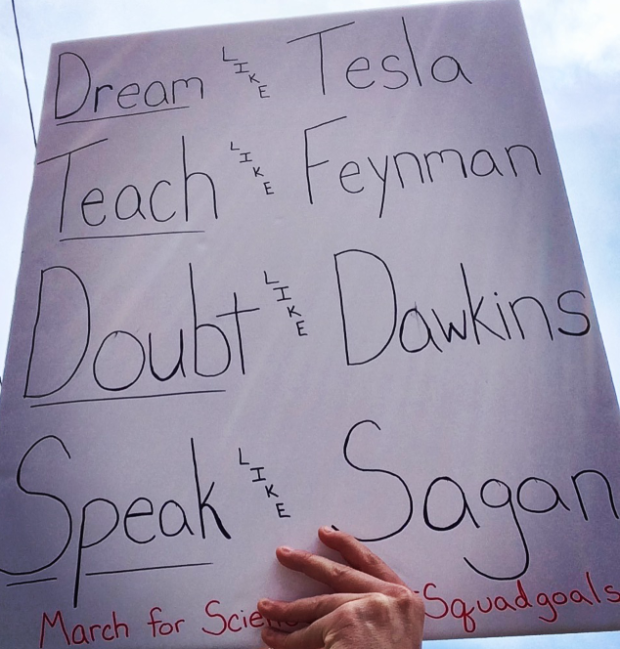The Acid Reign of Ignorance by John J. Staughton
IGNORANCE ISN’T SOMETHING that changes overnight. Neither is intelligence. Both take time to develop, and if so much energy is being poured into believing something, wouldn’t it be more rewarding to eventually arrive at the truth? Granted, it is a truth that may change form in the future, for that is what drives science and life forward – mistakes – but given what we know and can tangibly prove, how can ignorance be more appealing than knowledge? Can it really all boil down to self-interest and greed? Special interests seeking short-term monetary gain or political clout at the expense of our planet’s future? Stubbornness outweighing the writing on the seawall?
The sky-is-falling rhetoric of our terrestrial abuse was barely a whisper back in the 1970’s, but nearly 50 years later, the narrative hasn’t changed or been reeled back. In fact, it has only grown more dire and difficult to reverse; the cynics (or realists) among us declare that we have passed this disaster’s point of no return, although the horrors beyond our event horizon can be seen in this environmentally barren future. There is a terrifying gravitas to what the coming decades will bring.
These were my thoughts on April 22 of this year, the day of the Science March, in which the phrase on one hoisted sign is still burned in my memory – “I can’t believe I’m marching for this shit in 2017”.
Not artful, but accurate, and it remains the sentiment that epitomized the day best. In fact, in the recent deluge of protest marches and demonstrations, that sign wouldn’t have been out of place in a single one. It truly is unbelievable, like the shock of an accident that never wears off; instead, new jolts of insanity are continually fed into the main line, keeping us slack-jawed and enraged. It feels as though we are living in The Upside Down, or one of Dalí’s discarded mistakes – a place where facts are mercurial, progress flows backward, and the future is only a possibility.
Within this climate of ignorance, marching down the Chicago boulevards beside 40,000 other truth-seekers and scientific souls was a refreshing reminder that perhaps all is not lost. For a few moments in that rattling hum of far-too-clever slogans, it seemed – as it has inevitably done in every era of man – that truth would win out over falsehood, science would eradicate idiocy, and facts would supplant fantasies and fear.
I stood next to pollination scientists and astrophysicists shouting beside librarians and nurses, children proudly bearing dioramas and senior citizens hoisting banners borne of dot matrix printers, anti-Fascists and Christians and hippies galore, nerds and those who love them, families and loners, researchers and protest-lovers, sign-bearers and slogan-shouters, quiet dissenters and brash megaphone-heads… all marched together, in defense of reality, of the inalienable right to call bullshit when the rest of the world can already smell it.
Sustainability as a species now depends on that resilience of logic, of experts demanding the wheel of decision-making power, of passionate activists making their stand, of human beings to rise up, informed and infuriated, to demand that we not relinquish our right to exist – and persist. We humans are pathetically shortsighted, existentially armed with our century-if-we’re-lucky lifespans, and solving that tunnel vision of mortality seems impossible at times, but how can we ignore tentative reports that human extinction is entirely possible by the end of the 21st century? For someone to have crunched the numbers, assuming variables based in reality, and determined that the potential for our extinction is statistically significant… how can that be dismissed?
Are those in power still cursed with the vestigial minds of our geocentric history, believing that we are indeed the center of the universe, God’s chosen creatures, biblically instructed to fill the Earth with our progeny – 7.504 billion and climbing – until we literally stamp out the life beneath our feet? Or does the problem simply seem too distant? One that is cheerily gamified by meteorologists telling us how many heat records were broken this year?
For perhaps the first time in human history, we face a global problem that has nothing to do with color, race, creed or nationality, at least not in the long term. Yes, those with darker skin will inevitably be affected first, and in fact already have been, as their islands sink beneath the sea, but climate change has no interest in what God you worship or the stripes on your country’s flag. A rising tide may lift all boats, but it also drowns with impunity, white and black, Dem and Rep, man and beast. Surging seawater floods suburbs and subway stations alike; heat waves slay blindly. Old testament storms do not care which walls they batter.
Denying this equates to embracing ignorance, and the childish belief that if you squeeze your eyes shut hard enough, the monsters will disappear. We see it in the disastrously early blooming of flowers and the approximately 200 species that are going extinct every day. Welcome to the Anthropocene, ladies and gentlemen, our new age of geologic time, since human activity has changed the world so dramatically that we had to switch epochs. We are in the midst of an extinction-level event, but it is hard to see destruction from the eye of the storm. Our pitifully brief lives cripple our conception of millennia.
It took 33,000 years for the dinosaurs to go extinct after an asteroid the size of Lower Manhattan smashed into the Yucatan Peninsula. We have no asteroid to blame for the present global purge.
Given our current trajectory, surviving for another 33,000 years seems incredibly optimistic, almost to the point of delusion. Hell, even 3,000 years seems generous, considering how many people seem incapable of thinking beyond a handful of generations – if that.
With these lessons from history beginning to resemble glaring mirrors, how is the world not up in arms?
Or is it, but the crushing weight of modern madness forces us to turn our guns and minds elsewhere? How can we measure the gravity of one situation over another, as each one appears to change every day? How can a priority possibly be proved?
Well, the goddamn scientific method is a good place to start.
With probabilistic models and predictive analysis. Through data collection, hypotheses, experiments and objective reporting, logic, diligence and respect for knowing over not. The most pressing threat to our species is not a nuclear holocaust, or trade wars, or the microscopic percentage of Muslims who practice radical Islam. While these issues can dominate a news cycle and an attention span, stepping back to see the larger – and longer – picture is essential. We teach history in schools as though it is eternally distant, but we are always in the midst of it, and from here, the future doesn’t look bright.

***
After mingling with like minds at the museum campus for an hour, with sore soles and a temporarily inspired soul, I sat heavy in a downtown pub. My sign from the march was leaning against my shins, and I began tumbling selfishly back into my own life, the microcosmic perspective dominating so many of our days.
Even then, I felt a certain fraudulence in my outrage, and even in my participation in the march, as I stepped off my symbolic soapbox into the doldrums of work emails and personal plans for the evening. It was difficult not to wonder what impact I had truly made, and what future actions the day would inspire. Being one anonymous part of a valuable whole is the cornerstone of democracy, yet in the measurable sphere of cause and effect – of making that elusive “difference” in the world – my purpose felt as flimsy as the poster at my feet.
A writer’s task is to tell the stories they know, or have the vision to understand, but putting pen to page seems a paltry riposte to the recent fundamental attacks on truth and stability. Granted, it is possible to join the marches, make the phone calls and push back against ignorance, regardless of profession or location, but feelings of inadequacy are inevitable. The idea of running for office is nauseating, while cold calling for progressive candidates sounds like Chinese (non-hoax) water torture.
In an atmosphere of despair, cognitive dissonance runs deep. The greater good is readily apparent, but then my inherent selfishness rears its ugly head, offering convenient end-arounds and whispering excuses into my willing ears.
Selfless consideration of the world at large is not easy, as the daily quibbles and concerns seem so pressing, endlessly demanding attention and resources. I, for one, choose to create an endlessly growing list of things to do, always bumping the hardest tasks a bit further down the line. And in the big picture, nothing is harder than re-assessing your place in a larger societal system, sincerely sacrificing time and energy to promote positive change. Many people talk a good game, myself included, but the net, per capita impact of our efforts is often unsatisfyingly small.
For people who crave the comfort of cause and effect, and instantaneous gratification, the long-term commitment required to change the world is daunting. We are also a part of the most dynamic and dangerous period in recent history, with more vapid distractions and shallow expectations that any previous generation. Being mentally liberated and engaged with meaningful purposes of your own choosing is sadly the exception, not the rule. Until we can admit that weakness in ourselves, and come to terms with that deepening flaw in modern society, hope feels distant.
While our individual contributions may feel invisible, they are essential. We may not be politicians or lobbyists, nor do we write the legislation or ensure that environmental regulations are followed. Most of us can’t tell our leaders to sit down and shut up, or coax them into obvious wisdom. The majority of the country is not writing academic papers on cutting-edge research, or sitting on the board of presidential advisory groups. However, the distance we may feel from the halls of power, as discouraging as it may be, does not make our passion irrelevant.
Few of us will ever be generals in this war for truth, but battles are won by soldiers who sacrifice for what they believe.
We can rage and tweet and march and write and protest and make memes and argue on social media and come up with clever slogans and invent new hashtags until our fingers bleed. We can buy swag from the National Park Service and battle on message boards, slap on bumper stickers and finally speak up at Thanksgiving dinner. We can join social clubs and create support groups and overflow every town hall meeting we find. We can demand to be seen. We can donate to the Sierra Club, PBS, the ACLU and independent researchers. We can teach our children to seek truth. We can stop traffic at airports. We can canvas neighborhoods and throw fundraisers. We can shut down city centers and scream from the rooftops. We can refuse to stop shouting until our voices are heard.
We can speak truth to power.
Loud and Clear and Angry and Informed.
We can do this because we already have.
We can do this because we must.
**********
Dig the rest of Sheriff Nottingham X: The Green Issue – available on Amazon!

